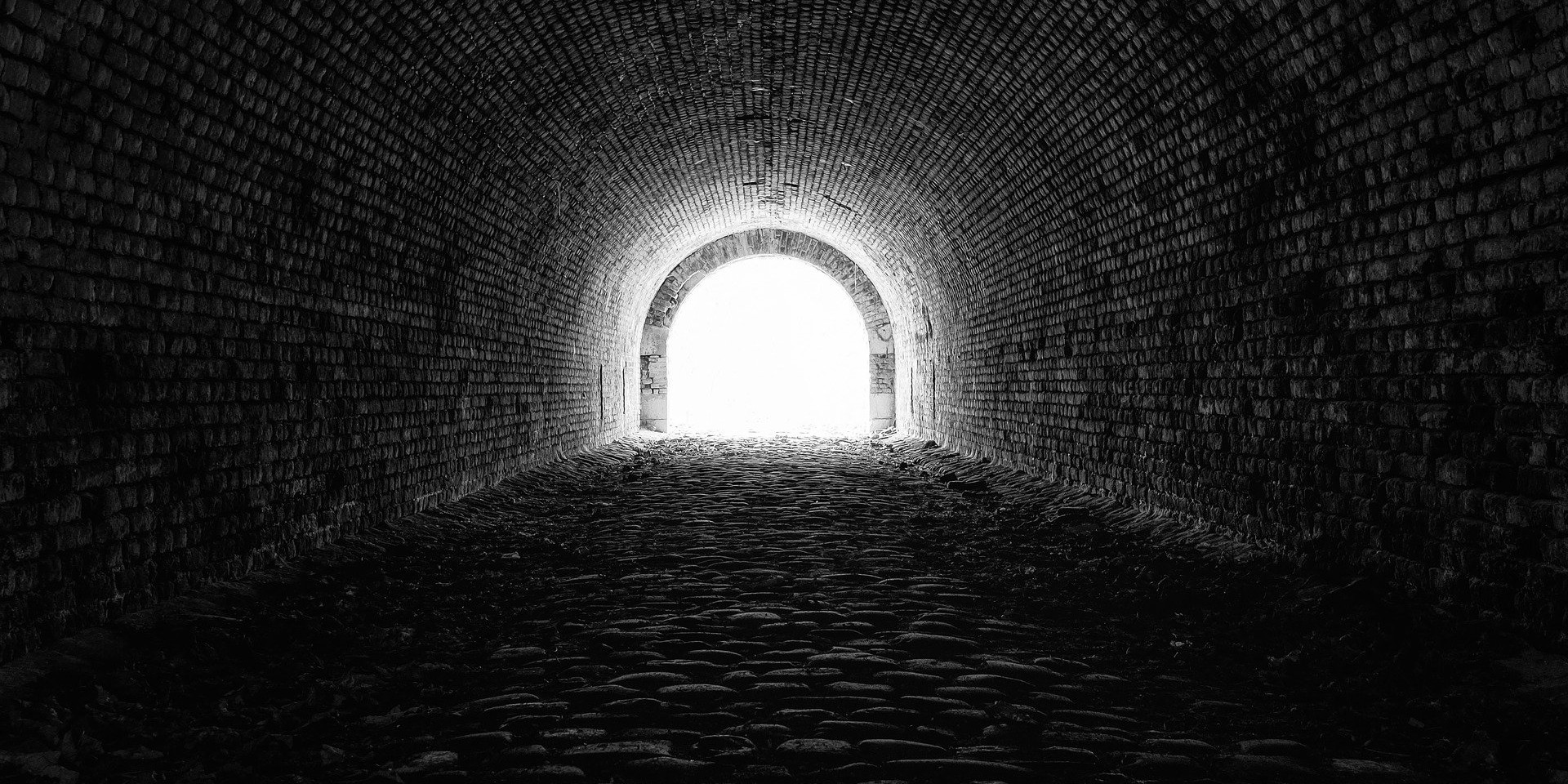In "Sans Rendez-vous" Tuesday, the doctor specializing in geriatrics and author of the book "Imminent death experiences", Sylvie Cafary, discusses the peculiarities of these experiences which sometimes gives accounts bordering on the paranormal and that science hardly explain.
INTERVIEW
People who have had a near death experience (NDE) come out of it in a lasting way.
These phenomena are rigorously studied by researchers, like Sylvie Cafary.
This doctor specializing in geriatrics at the Montmorillon hospital in New Aquitaine has devoted a good part of her life to it, including her doctoral thesis.
"I considered NDEs to be a subject of study like any other and I followed a scientific approach."
In "Sans Rendez-vous", on Europe 1, she returns to her work
Experiences of near death
and gives some details on this phenomenon still misunderstood by science.
>> Find all of Sans rendez-vous in replay and podcast here
What do you see when you experience a NDE?
According to the numerous testimonies gathered by Sylvie Cafardy, the "experiencers", the people who have experienced a NDE, "feel hyperconscious (whereas they seem unconscious in the eyes of those around them), they feel themselves leaving their body and their lucidity is heightened, ”she explains.
Concretely, they often seem to see or hear things that are beyond the reach of their senses.
If the story may vary depending on the testimonies, a common thread seems to emerge among the patients met by Sylvie Cafary.
"They go through a tunnel which can be luminous and which ends in an ocean of light. Some perceive for example a light described as 1000 times more intense than that of the Sun, but which does not dazzle".
Sometimes, they also cross "a being of conscience. At this moment, the 'experimenters' reach a love and a total knowledge. Some even recognize deceased relatives", describes the specialist.
How does an NDE transform "experiencers"?
According to Sylvie Cafary, when the "experiencers" return from this "ocean of light", they are transformed.
"They are no longer afraid of death, they have seen their lives go by, they have felt an intense well-being."
An experience such that they "then" take an average of seven years to manage to digest it and adapt their lives to their new value system ".
Because very many people who have experienced a NDE change their life and retrain: "They often become caregivers", says the specialist, referring to the example of "Gégé", one of her former colleagues who lived this experience.
A former house painter, he suffered cardio-respiratory arrest and had a NDE.
A few years later, he is a caregiver who has the particularity "of no longer being afraid of death".
NDE can help cope with fear of death
This peace of mind in the face of death which unites the "experiencers" met by Sylvie Cafary can also be useful for the rest of the world.
"Their serenity in the face of the afterlife is contagious", explains Sylvie Cafary.
The specialist even recounts the end of life of one of her former patients terrified of feeling dying.
"Although he was not in pain, he had asked me for terminal sedation, but since I knew a nurse who had experienced a NDE, I introduced him."
And after a few minutes of discussion, the patient was reassured enough to withdraw his request.
"He was able to stay lucid, see his family again, say goodbye to them and pass away peacefully in his sleep."
And this is not the only patient to have felt the benefit of listening to the testimony of an "experiencer".
In the palliative care service of the Marseille University Hospital of La Timone, books and videos about these experiences are used to help those who must prepare for death.
"When the patients of psychologist Éric Dudoit tell him that they are afraid of feeling dying, he suggests this approach. And he was able to observe through tests a marked decrease in anxiety in the latter," said the doctor.
A NDE does not necessarily occur in a life-threatening situation
If the name of near-death experience suggests that you have to be in a dangerous situation to experience it, it is not.
"This can happen in all situations", says the doctor who cites pell-mell "a significant physical or emotional shock (whether positive or negative), significant relaxation, anesthesia, deep meditation or even a nap" .
How to explain NDEs?
Science is currently unable to explain how and why a NDE occurs.
But for Sylvie Cafardy, the explanation is to be found on the side of consciousness and quantum physics.
"The problem with NDEs is the problem with the function and nature of consciousness. And my hypothesis is that the latter could function independently of the brain, while being in close interaction with it."
According to the testimonies of the "experimenters", "there are very disturbing similarities between what they describe and physicists specializing in the behavior of quantum particles, the bricks of the infinitely small that make up atoms. And if almost -all of our reality is made up of quantum particles, why not our consciousness? "
But the specialist insists, it remains a "mystery" for the time being.

